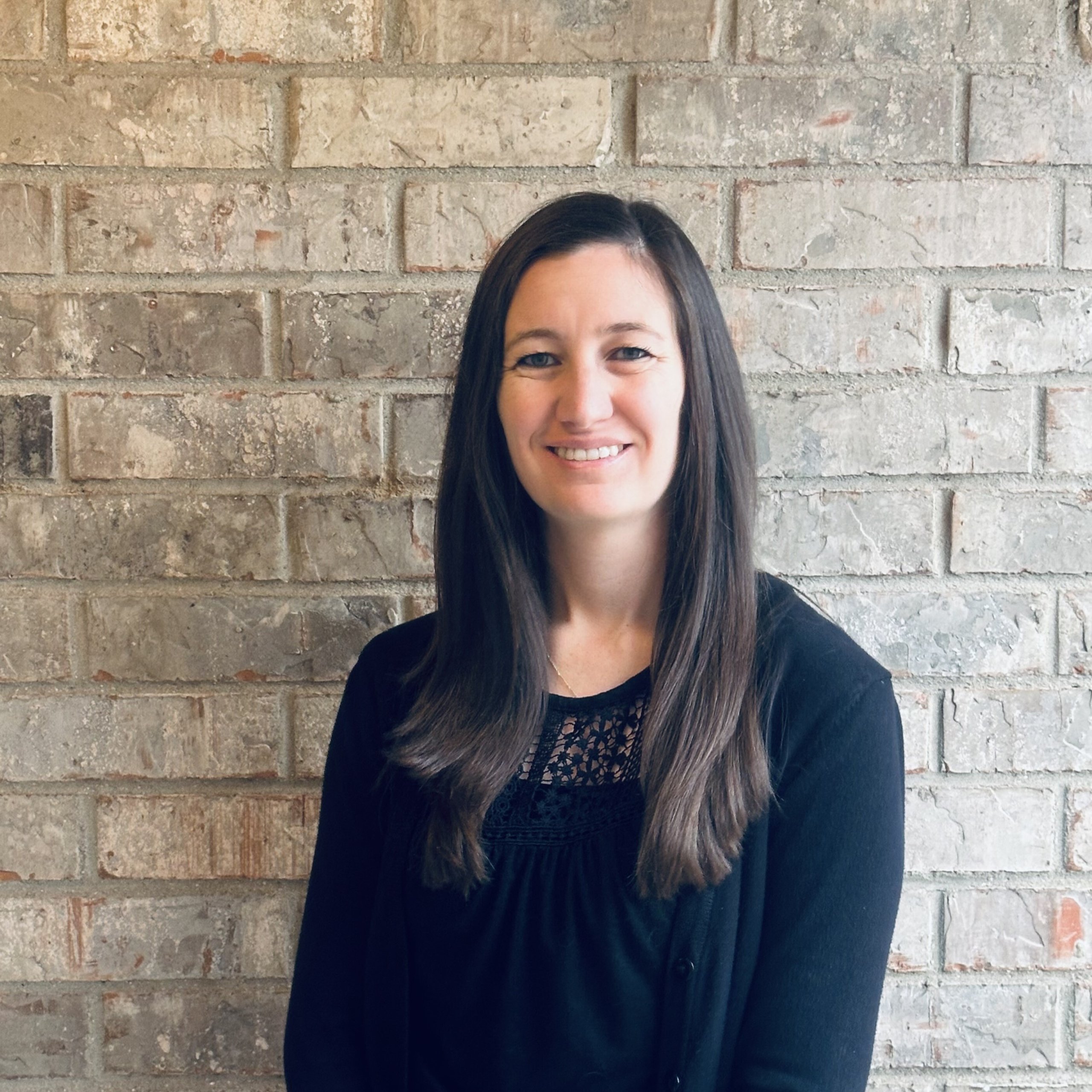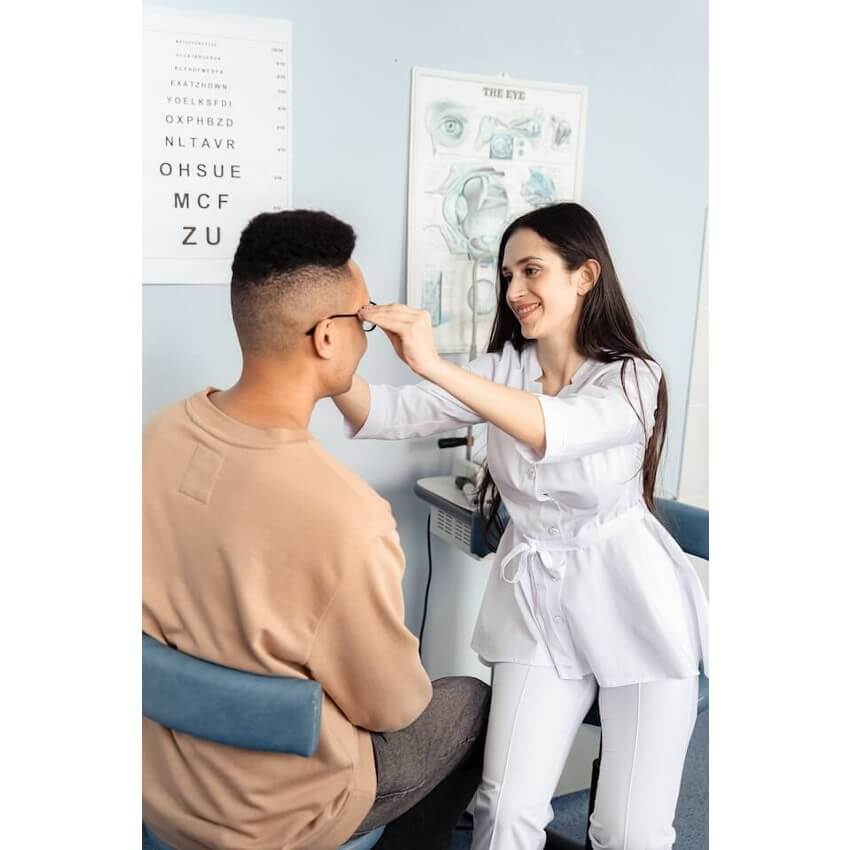Understanding Contact Lens Prescription Requirements
- BY Alyssa Buchanan
- IN Lenses
When it comes to correcting vision, contact lenses offer a convenient and effective alternative to traditional eyeglasses. However, obtaining and understanding a contact lens prescription involves a few key differences compared to eyeglass prescriptions. Here’s a comprehensive guide to navigating contact lens prescriptions, including essential terminology and why they are crucial for your eye health.

Photo by Prakasit Khuansuwan
Key Differences Between Eyeglass and Contact Lens Prescriptions
Unlike eyeglass prescriptions, which are primarily focused on lenses that sit approximately 12 millimeters from your eyes, contact lens prescriptions require additional specifications. Contact lenses directly touch the surface of your eyes, necessitating precise measurements of parameters like base curve (the curvature of the lens) and diameter (the width of the lens). These differences in design and placement mean that the power measurements for contact lenses can vary from those for glasses, reflecting adjustments for the closer proximity and direct contact with the eyes.

Essential Terminology in a Contact Lens Prescription
- Power (PWR or SPH): This indicates the lens power required to correct your vision, measured in diopters (D).
- Base Curve (BC): This measures the curvature of the back surface of the contact lens, ensuring proper fit and comfort.
- Diameter (DIA): The diameter specifies how large the contact lens is and how it covers the cornea.
- Brand: Specifies the manufacturer and type of contact lens prescribed by your eye care professional.
- Additional Parameters: Some prescriptions may include additional specifications depending on the type of lenses prescribed, such as cylinder (for astigmatism correction) or add power (for multifocal lenses).
Why Contact Lens Prescriptions Are Necessary
- Eye Health: Contact lenses are medical devices that interact directly with your eyes. A precise prescription ensures they fit correctly and comfortably, minimizing the risk of complications like corneal abrasions or infections.
- Optimal Vision Correction: Each person’s eyes are unique, and an accurate prescription ensures that your contact lenses correct your vision as effectively as possible.
- Legal Requirements: In many regions, including the United States, it is mandatory for eye care professionals to provide a written prescription for contact lenses. This ensures consumer protection and enables you to purchase lenses from any licensed seller.
How to Obtain a Contact Lens Prescription
Obtaining a contact lens prescription involves a comprehensive eye exam conducted by a licensed optometrist or ophthalmologist. During the exam, your eye care professional will measure your visual acuity, assess your eye health, and determine the specific parameters needed for your contact lenses.

Renewing Your Contact Lens Prescription
Like eyeglass prescriptions, contact lens prescriptions have an expiration date determined by your eye care professional. Regular eye exams are essential not only for updating your prescription but also for monitoring your eye health and ensuring your lenses continue to provide optimal comfort and vision correction.
Understanding your contact lens prescription is essential for maintaining good eye health and enjoying clear vision. By familiarizing yourself with the terminology and requirements of your prescription, you empower yourself to make informed decisions about your eye care. Always consult with your eye care professional for any questions or concerns regarding your contact lenses, ensuring your eyes receive the care they deserve. Whether you’re new to contact lenses or considering them as an alternative to glasses, knowing the ins and outs of your prescription will help you navigate the world of vision correction with confidence and clarity.





